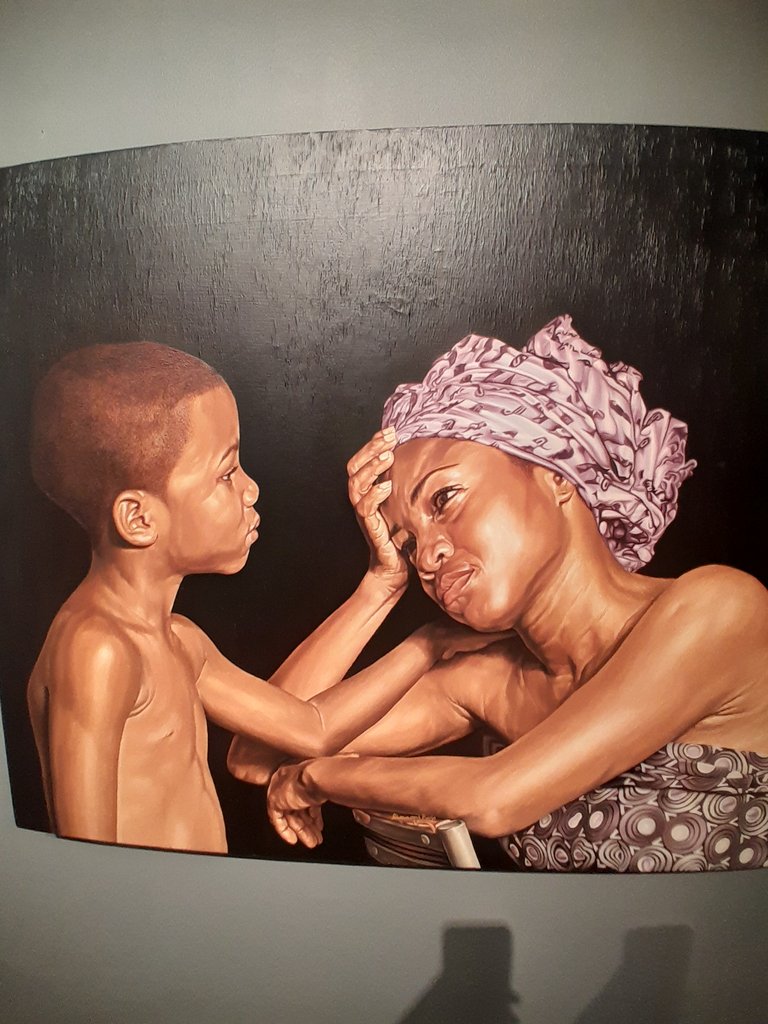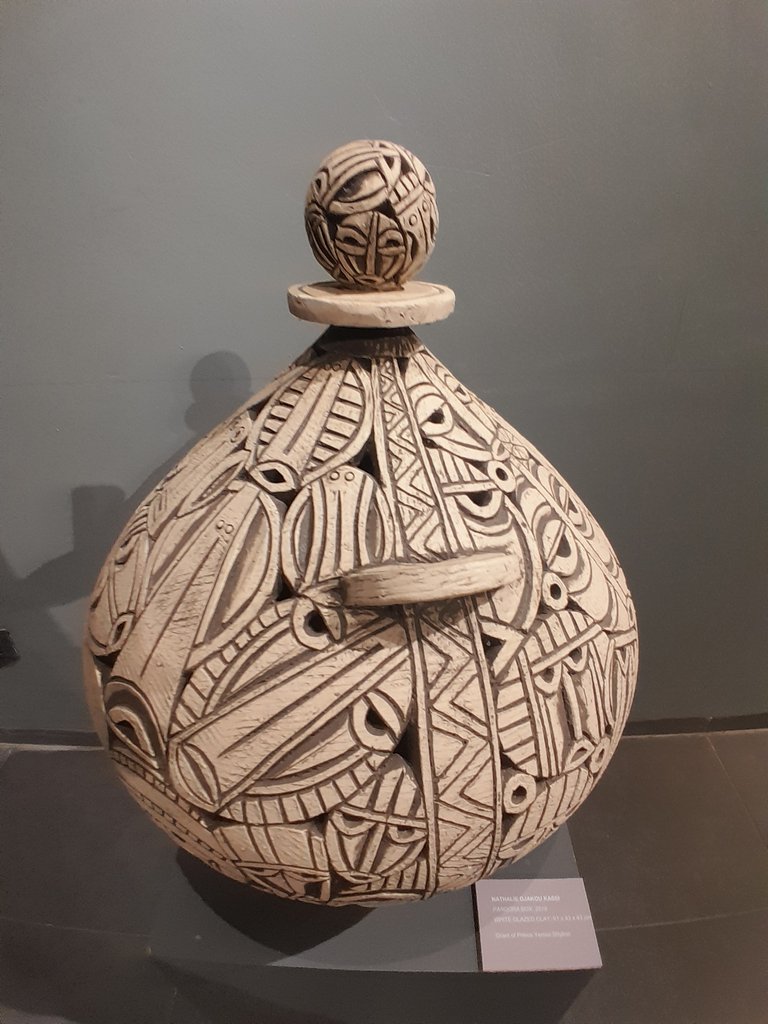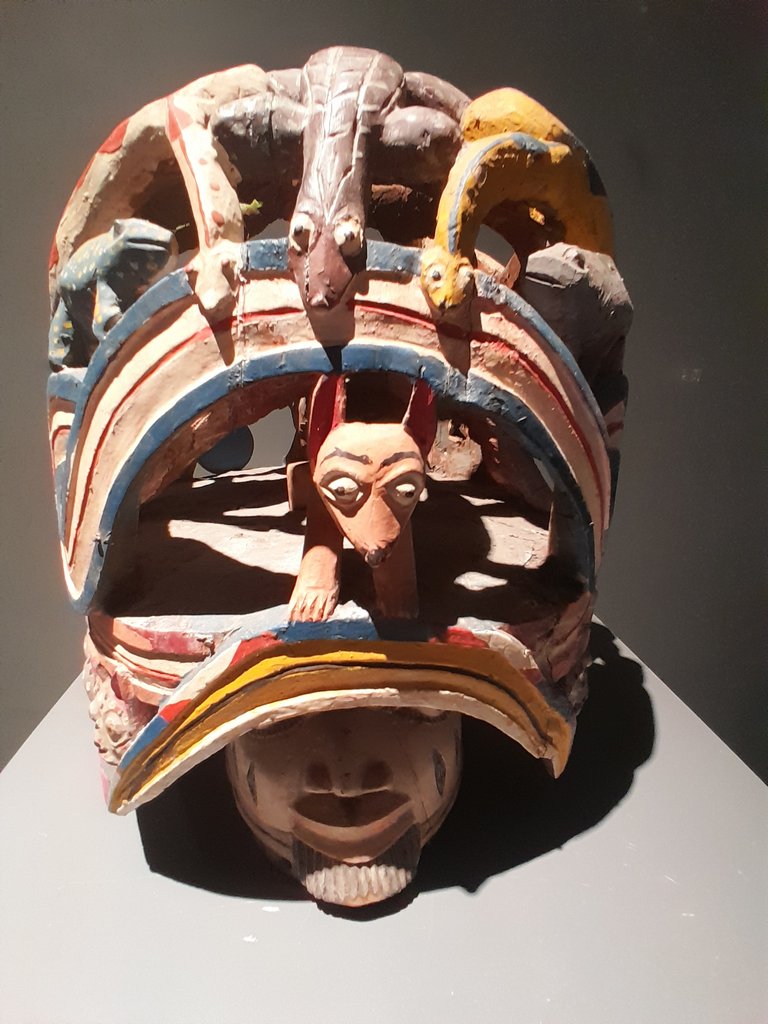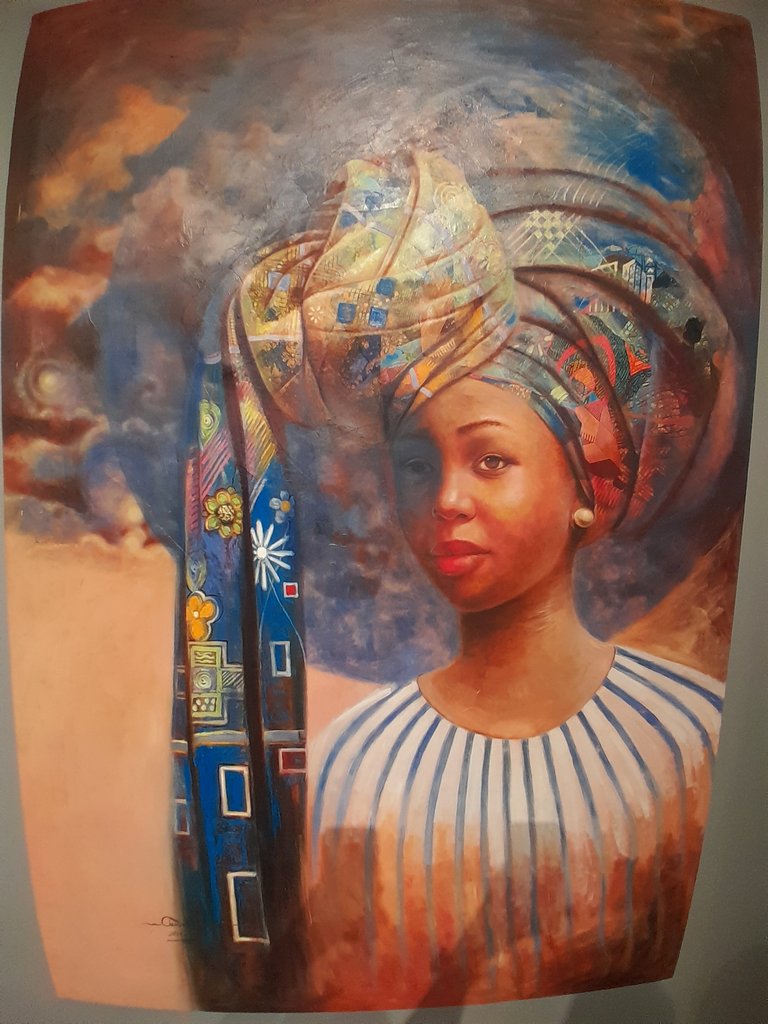Why Culture is Always Changing Yet Always Ours
Culture is one of the most fascinating things about human life because it is always changing, and yet it remains at the heart of who we are. Every society has its own unique way of living, thinking, and expressing values, and these differences are what make the world so colourful. Culture is not something that stays still; it grows with people, adapts to new realities, and reshapes itself over time. What was once common practice in one generation may fade away in the next, while new traditions are created to reflect the present world.
At the same time, culture carries what is peculiar to each nation. These are the practices that set one community apart from another and make them unique. For example, in Yoruba culture, respect for elders is deeply rooted in daily life. A young man is expected to show his respect by prostrating when greeting an older person, while a young woman kneels down in greeting. These gestures are more than just customs; they are physical expressions of humility, respect, and the recognition of hierarchy in society. Such practices form part of the collective identity of the Yoruba people, reminding each generation of the values that hold the community together. Similar practices exist in other parts of the world, though they may take different forms: bowing in some Asian countries, handshakes in Western societies, or special forms of address in others. Each of these is a reflection of how people express honour, respect, and connection through their culture.




But culture is not just about greetings or rituals. It covers every aspect of life: food, clothing, music, art, marriage, festivals, and even the way people solve problems or view the world. It is the sum total of human experiences and expressions in a particular group. And even though culture is tied to specific people, it never stands alone. When people interact, through trade, migration, or technology, cultures influence each other, borrow from one another, and evolve in new directions. That is why culture is never dead; it is ever dynamic.
Language is another powerful part of culture, and it plays a central role in the survival of the human race. Without language, it would be almost impossible for people to share ideas, pass on knowledge, or build societies. Language is more than just words; it is the tool that carries a people’s history, beliefs, and wisdom from one generation to the next. For instance, many African proverbs are not just sayings but condensed lessons of life passed down through spoken words. In the same way, the stories, songs, and writings of every culture are stored in their language.
Today, technology is even pushing the world toward becoming more “language-agnostic.” Tools like translation software and global platforms are making it easier for people from different countries to understand each other. This is breaking down barriers and opening up opportunities for unity and cooperation. At the same time, it raises concerns because language also protects identity. When a language disappears, part of a culture disappears with it. That is why many people work hard to preserve their native languages while also embracing global communication.
In the end, culture and language together are what make us human. They are our link to the past and our bridge to the future. They remind us that while change is constant, the essence of who we are, expressed through our unique ways of living and speaking, remains something to be valued and respected.
Culture serves as an enduring tapestry, intricately woven with the threads of identity and origin, perpetually anchoring the soul to its ancestral roots. Nice sharing!
I agree with you. It is something we have to take seriously since it is our identity.
I concur, articulated with a more erudite lexicon.
I appreciated how you explored the relationship between culture and language, demonstrating that both are dynamic yet essential to our sense of identity. The part about how every gesture, custom, and word carries values resonated with me. It’s a powerful reminder that even as the world becomes more globalized, preserving our cultural and linguistic roots is vital to keeping the essence of who we are alive.
You were able to summarise my entire post. That is cool. Thanks for stopping by!
It's a very interesting topic, and I loved reading it.
Sending you Ecency curation votes.😉

Thanks so much for the support